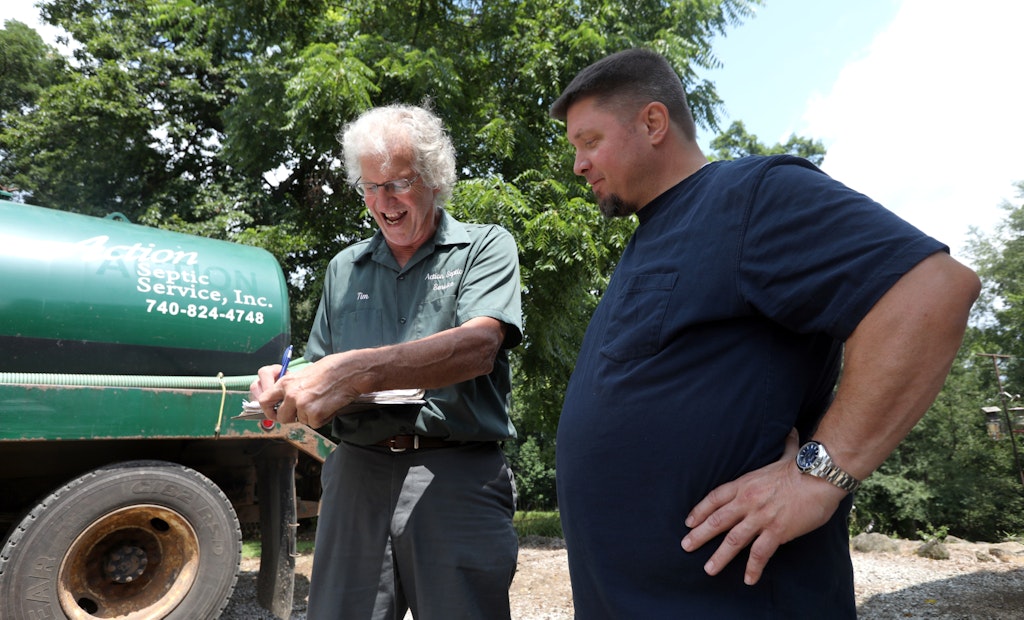In the skilled trades industry, where the focus is often on technical skills and physical endurance, soft skills are sometimes overlooked. However, these non-technical skills are crucial for the success of any construction project.
Hard skills are the technical knowledge and...






